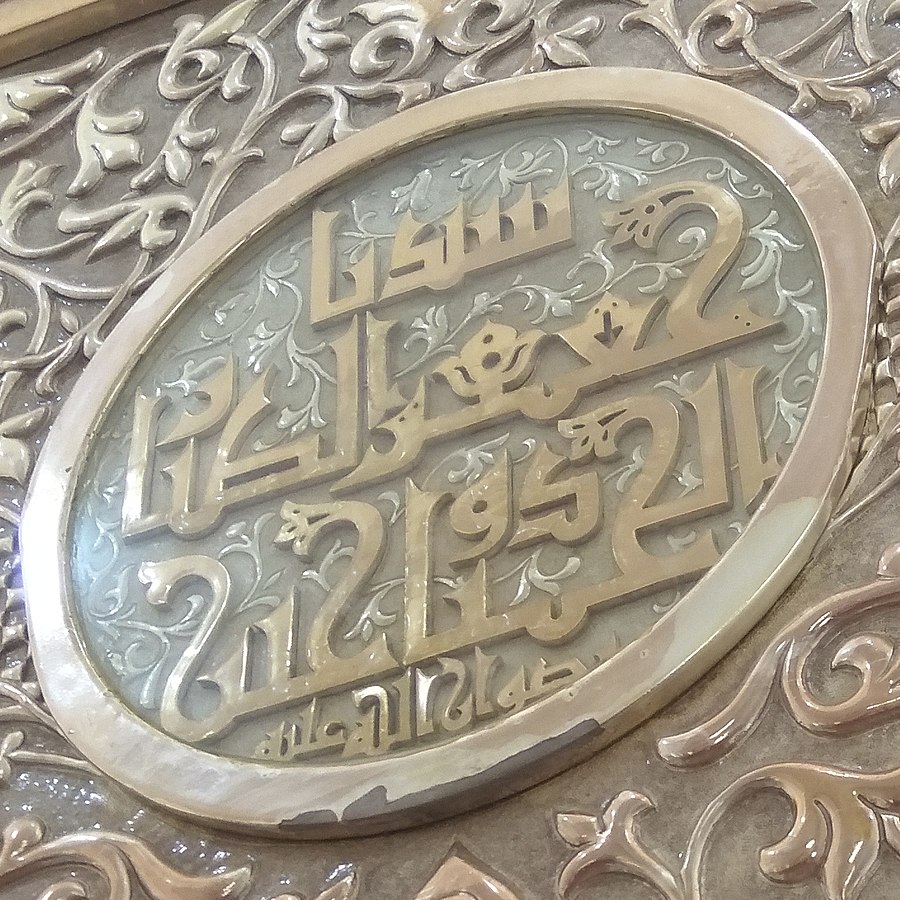“As for you, you resemble me physically and in character.”
-Prophet Muhammad (PBUH) on Jafar (RA)
Bismillah
Jannah is not Free!
We must work hard to attain it.
But in the end the matter is to Allah (SWT).
Today, we will examine the life of Jafar (RA), a companion and first-cousin of the Prophet (PBUH) known for his courage and sacrifice.
Background
Jafar ibn Abi Talib (RA) was the cousin of Prophet Muhammad (PBUH) and the older brother of Ali (RA).
Born into the prestigious Banu Hashim clan, Jafar (RA) shared a close bond with the Prophet (PBUH).
He was known for his eloquence, bravery, and deep commitment to Islam.
His leadership and dedication to the faith made him a prominent figure in the early days of Islam.
Embracing Islam
Jafar (RA) embraced Islam in its earliest days and was part of the small group of companions who faced persecution in Mecca.
He was a key figure in the first migration to Abyssinia (modern-day Ethiopia), where he led the Muslim delegation.
During their stay, Jafar famously defended the Muslims in front of the Abyssinian King, Najashi (RA), when the Quraysh tried to convince the King to return them.
Jafar’s eloquent description of Islam and his recitation of Surah Maryam deeply moved the King, securing protection for the Muslim exiles.
Jafar’s Martyrdom and Legacy
Jafar’s most significant legacy lies in his martyrdom at the Battle of Mu’tah in 629 CE.
He was appointed as one of the commanders during this battle against the Byzantine forces.
After the first two commanders, Zayd ibn Harithah (RA) and Abdullah ibn Rawahah (RA), were martyred, Jafar took the banner.
Despite having his arms severed in combat, he valiantly held the flag until he was killed.
His bravery earned him the title “Jafar al-Tayyar,” meaning “Jafar the Flyer,” as the Prophet (PBUH) said he was given wings in Paradise to fly wherever he pleased.
Application Today
Jafar’s legacy reminds Muslims of the importance of steadfastness, eloquence in defending the truth, and the willingness to sacrifice for the faith.
His life is an inspiration for Muslims facing trials or defending their beliefs.
In the context of our lives, we can implement Jafar’s (RA) virtues of courage and sacrifice.
Jafar (RA) left Mecca, his homeland, for Abyssinia. Sacrificing his wealth and stability for his belief of Islam.
We might have to move cities for better opportunities or for preserving our religion like Jafar (RA)
Jafar (RA) spoke the truth eloquently in front of King Negashi, despite the companions vulnerable state.
We must not be afraid to speak the truth in society, our workplace, or households. Jafar (RA) was not even afraid of a King!
Jafar(RA) sacrificed himself during the battle of Mutah for the spread of Islam.
We must be willing to sacrifice some of our immediate desires for our long-term goals. Jafar (RA) executed the greatest sacrifice (his life) for the greatest rewards (Jannah).
Conclusion
Jafar ibn Abi Talib (RA) holds a unique place in Islamic history.
From his role as a spokesperson in Abyssinia to his martyrdom at Mu’tah, his life encapsulates the virtues of courage, faith, and loyalty.
His deep connection to the Prophet (PBUH), his sacrifice, and the legacy of “Jafar al-Tayyar” continue to inspire Muslims to stand firm in their faith and pursue the path of truth and justice.
May we implement Jafar’s (RA) virtues of courage, faith and loyalty in our lives.
Ameen!
